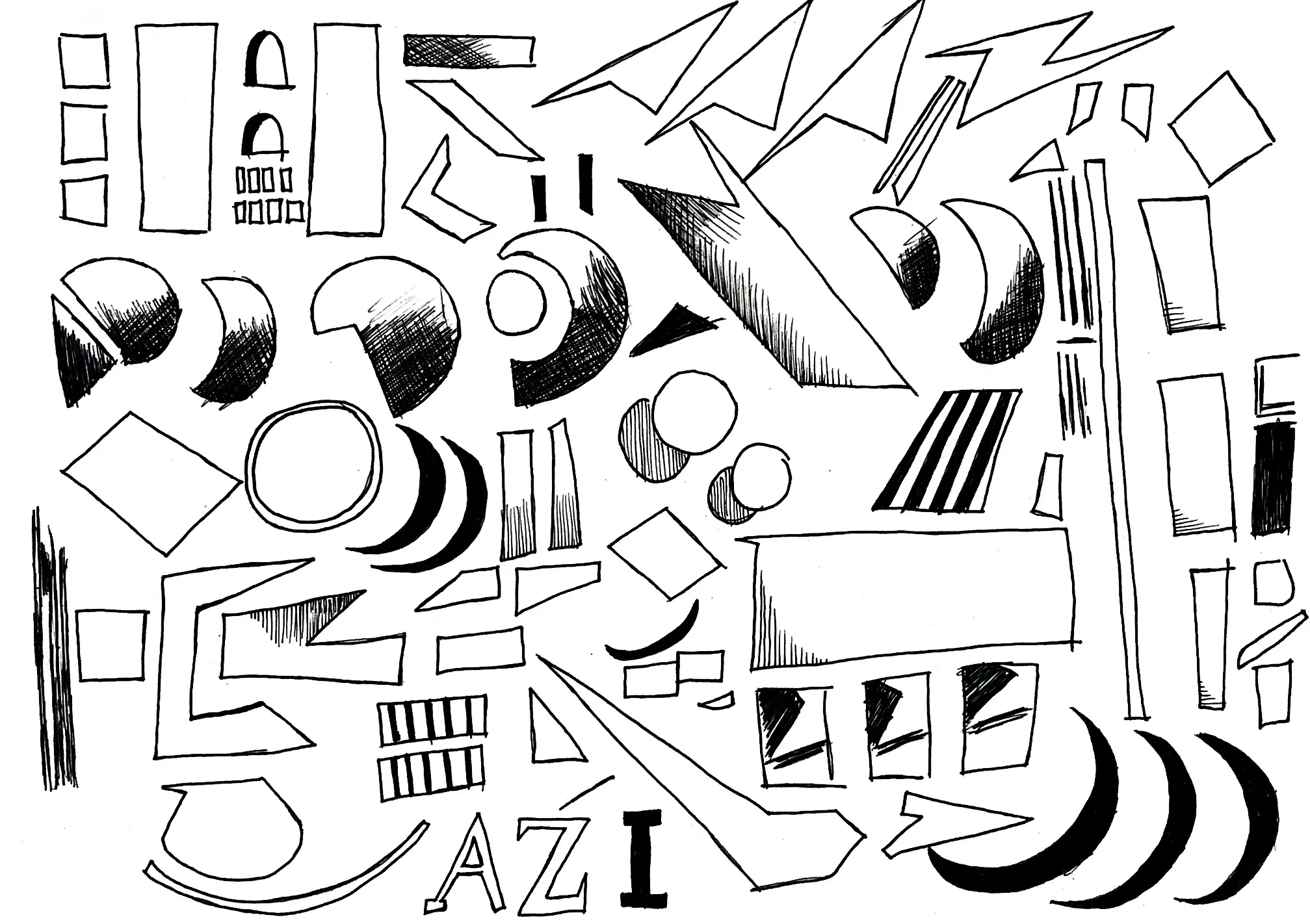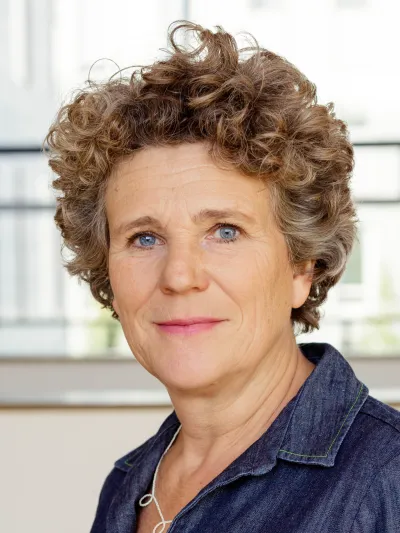Press release
Students from the University of Applied Sciences Potsdam and the University of Applied Sciences Darmstadt develop the exhibition "Von Sinnen. Multisensorische Erkundungen der Stadt".

Over the course of a semester, students of arts management and cultural work and communication and industrial design developed formats for a multisensory exhibition. The results will be presented in the project room 207 m² of the Berlinische Galerie from July 22.
It is an unwritten law that everything in a museum is "to be seen" and nothing may be touched. But why is that actually the case? Can't we also design exhibitions in the museum in such a way that they appeal to several senses? How can we make a picture audible? Can we feel the sound of a city? A project group consisting of students from the Potsdam University of Applied Sciences and the Darmstadt University of Applied Sciences discussed these questions with blind and visually impaired cultural actors during the summer semester.
Especially for blind and visually impaired people, the conventional perception offers of museums, i. e. the cultural institution that is related to sight like no other, are hardly accessible. The existing approaches of inclusive mediation then also aim at bringing blind and visually impaired people closer to what can be "seen". The task of mediation is primarily understood as passing on information relevant to sighted people. But what if the museum opened up to other senses and modes of perception and made the focus on the sense of sight accessible to questioning? Conversely, what can sighted people learn and experience from people who are blind or visually impaired? What other modes of experience can be discovered?
In a cooperative project seminar between the Arts Management and Cultural Work course at the University of Applied Sciences Potsdam and the Communication and Industrial Design courses at the University of Applied Sciences Darmstadt under the direction of Prof. Nicola Lepp and Prof. Ursula Gillmann, the students developed prototypical formats for multisensory mediation in the museum over the course of a semester. The multisensory approach resulted in tactile, auditory, olfactory and dialogical exhibition objects ranging from analog sculptures and artificial intelligence applications to sounds and interviews. The exhibition is accompanied by a supporting program.
The project is supported by the Herbert Funke-Stiftung, Charitable Foundation for the Promotion of the Visually Impaired.
